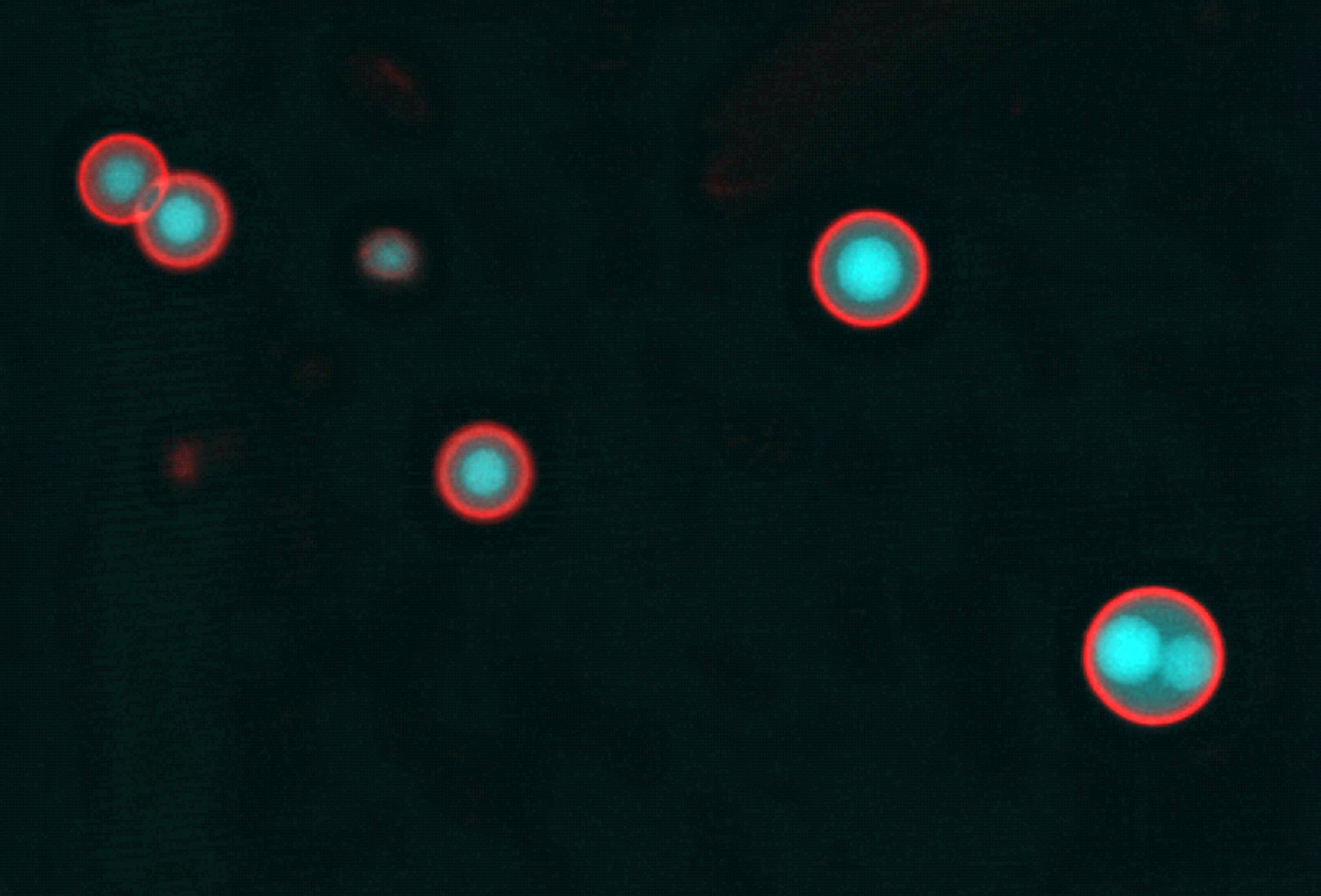CEB at heart of new EU-funded programme to train future synthetic cell scientists

The department, known for a multidisciplinary approach and focus on collaborative partnerships, is set to play a central role in an ambitious new European programme aimed at training the next generation of cell scientists.
Professor Lorenzo Di Michele, a leading researcher from the Department of Chemical Engineering and Biotechnology (CEB), is one of 14 Principal Investigators (PIs) from across Europe driving the initiative. Funded by the European Union’s Marie Skłodowska-Curie Actions with additional support from the UK Guarantee Scheme, the project aims to explore and simulate cellular mechanisms with cutting-edge synthetic cell models.
ComeInCell, an acronym drawn from the full title ‘Condensates at Membrane Scaffolds - Integrated Systems as Synthetic Cell Compartments’, brings together researchers from 13 institutions across nine countries. With a strong focus on interdisciplinary science, the network aims to advance biomedical and biotechnological research by developing synthetic cells that can mimic key biological behaviours. This approach will allow researchers to gain a deeper understanding of cellular functions and their role in diseases such as cancer and neurodegenerative disorders.
At the core of ComeInCell’s research is the concept of cells as integrated systems, with each part in constant interaction with others. Researchers in the network will use techniques from biophysics, nanotechnology, and bioengineering to create synthetic models that replicate complex biological processes in a sustainable and cost-effective way. This new understanding of cell behaviour could, not only improve our grasp of cellular mechanics, but also open doors to innovative medical applications such as non-invasive drug carriers and tailored disease testing tools.
© Martin Bond
© Martin Bond
Professor Lorenzo Di Michele, of CEB, said: "ComeInCell represents a transformative step for synthetic cell science research, bringing together diverse expertise from across Europe to tackle some of the most fundamental questions about cell behaviour and function.
“By training a new generation of scientists in this collaborative, interdisciplinary environment, we’re not only advancing our understanding of fundamental biology but also paving the way for future innovations in medicine and biotechnology."
In addition to research, ComeInCell will focus on training 17 PhD students, who will gain hands-on experience in synthetic cell development across different European labs. The programme embodies the CEB’s ethos of collaboration and international mobility, offering students a unique chance to work in two to three different labs and gain practical industry experience. Partner companies in biotechnology, software development, and analytical instrumentation will offer placements, helping students acquire a wide range of transferable skills, from research to real-world applications.
Through interdisciplinary workshops, annual retreats, and opportunities to engage with two leading scientific journals, ComeInCell is committed to equipping the next generation of cell scientists with the skills to address complex biomedical challenges.
This new initiative provides a unique opportunity for aspiring researchers to develop their expertise within a collaborative network that spans academia and industry, setting the stage for significant advancements in cell science and medical research.

